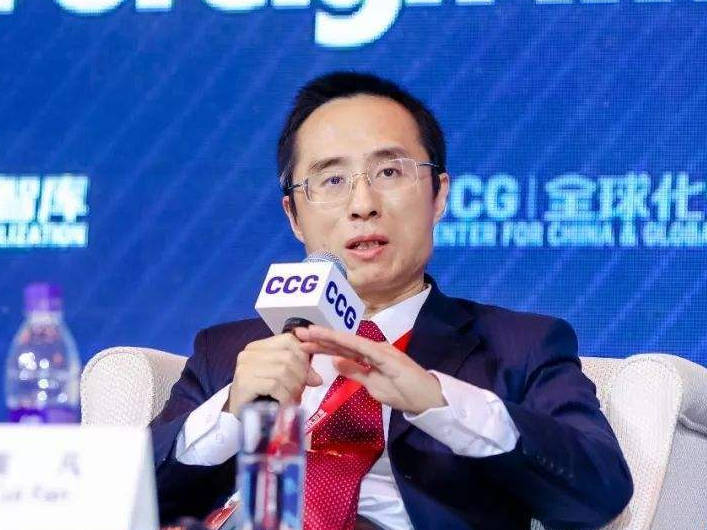On May 9, the yield on the 5-year U.S. Treasury note rose to 3.10%, the highest since September 2008. On the 10th, U.S. bond prices rose, and the 10-year U.S. Treasury yield fell 4.3 basis points to 2.9908% in late New York market, but since March, the 10-year U.S. Treasury yield has still surged by about 127 basis points. In this regard, Sohu Think Tank had a dialogue with Cui Fan, professor of the School of International Business and Economics of the University of International Business and Economics and director of the Research Department of the China World Trade Organization Research Association.
In response to the soaring U.S. bond yields on the 9th, Cui Fan said that the Fed’s interest rate hike was an important factor in the soaring U.S. bond yields. The Fed’s rate hike led to an increase in interest rates, bond prices in the U.S. bond market fell, and Treasury yields rose. The main reason for the rebound and rise in U.S. Treasury prices and the fall in Treasury yields is that investors’ fear of a slump in the stock market and uncertainty has prompted them to flock to safe-haven assets.
“The rise in nominal interest rates affects securities investment items in the balance of payments. Investors engaged in securities investment will pay more attention to changes in exchange rates and nominal interest rates. Therefore, if the interest rate of the US dollar and the RMB interest rate, if the interest rate spread shrinks or even turns upside down, then it will not affect the investment in securities. It will have a significant impact.” Cui Fan said that as of the end of March 2022, foreign institutions held 3.88 trillion yuan in China’s inter-bank market bonds, a reduction of 110 billion yuan compared with the end of February. Therefore, there is indeed capital outflow in portfolio investment. However, in the first quarter, the country’s actual use of foreign capital was 379.87 billion yuan, a year-on-year increase of 25.6%; in US dollars, it was 59.09 billion US dollars, a year-on-year increase of 31.7%. China’s attraction of foreign direct investment is not greatly affected by nominal interest rates, but it will be affected by real interest rates that take into account inflation. More importantly, direct investors focus on corporate profits brought by market opportunities, which is the main reason for the continuous growth of direct investment attracted by my country.
“The growth rate of my country’s imports and exports slowed down in April, but overall there is still a large surplus. The strengthening of the U.S. dollar has led to a depreciation of the renminbi, which has a certain stimulating effect on my country’s exports. At the same time, we have seen non-U.S. currencies such as Japanese Most of the yuan has depreciated significantly, and the yuan has not depreciated against most non-US currencies.”
Cui Fan believes that if we stick to the US dollar and intervene too much in the devaluation of the currency, it may lead to the appreciation of the RMB against non-US currencies, which will have a certain negative impact on my country’s overall exports. At present, the main goal of China’s monetary policy should be to stabilize growth and increase support for the real economy. There is no need to follow the tightening rhythm of the United States in monetary policy.
“We do not want the RMB to depreciate too fast against the US dollar. The central bank will reduce the foreign exchange deposit reserve ratio of financial institutions by 1 percentage point from May 15, 2022, and moderately increase the liquidity of the US dollar, which is conducive to the stability of the RMB exchange rate. The tools and strength of market adjustment are appropriate. At the same time, we should not interfere too much with the depreciation pressure of China’s RMB caused by the US monetary policy, and let the market have an automatic adjustment process . The slight decline is mainly caused by the exchange rate conversion of non-US currency-denominated assets and the decline in prices. From the perspective of China’s current account and direct investment projects in the capital account, China’s balance of payments and the stable foundation of the RMB exchange rate are solid.”
“At present, the market is generally looking forward to whether the April CPI data released by the United States on May 11 peaked and fell. The United States may maintain a certain pace of interest rate hikes, and the level of inflation in the United States will eventually come down. But after it comes down, will it It should be very difficult to return to the original state, that is, the era of low inflation and low interest rates. ” Cui Fan said.
SOURCE: SHOHU
By : DINH TRONG
